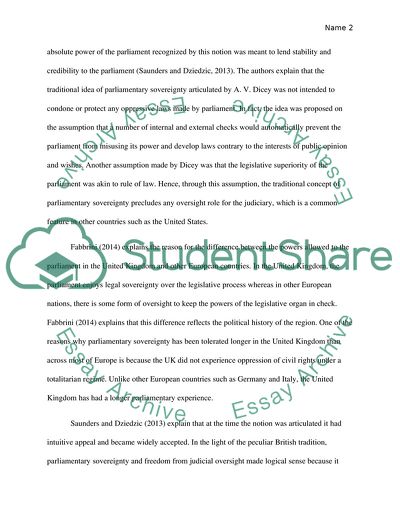Cite this document
(“Restraints to Parliamentary Sovereignty Term Paper”, n.d.)
Restraints to Parliamentary Sovereignty Term Paper. Retrieved from https://studentshare.org/politics/1833659-critically-discuss-the-extent-to-which-parliament-can-still-legislate-as-it-wishes
Restraints to Parliamentary Sovereignty Term Paper. Retrieved from https://studentshare.org/politics/1833659-critically-discuss-the-extent-to-which-parliament-can-still-legislate-as-it-wishes
(Restraints to Parliamentary Sovereignty Term Paper)
Restraints to Parliamentary Sovereignty Term Paper. https://studentshare.org/politics/1833659-critically-discuss-the-extent-to-which-parliament-can-still-legislate-as-it-wishes.
Restraints to Parliamentary Sovereignty Term Paper. https://studentshare.org/politics/1833659-critically-discuss-the-extent-to-which-parliament-can-still-legislate-as-it-wishes.
“Restraints to Parliamentary Sovereignty Term Paper”, n.d. https://studentshare.org/politics/1833659-critically-discuss-the-extent-to-which-parliament-can-still-legislate-as-it-wishes.


